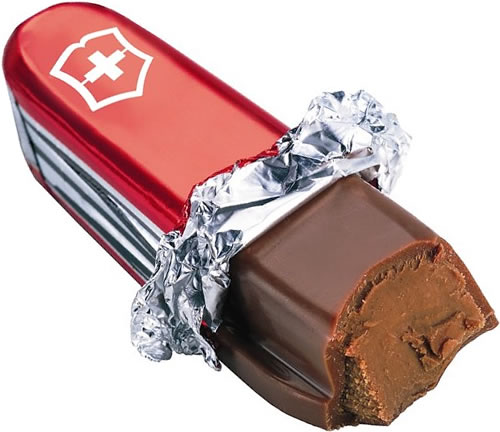How is it going? I just joined the forum today but have read a lot in the past just never actually joined. I graduated this year from Nova Southeastern in Ft. Lauderdale, FL.
After looking at my loans I realized I owe a ridiculous amount of $, a lot more than most pharmacy grads. I have been looking into pharmacy in the air force and navy. Ive spoke to pharmacists in both branches to get a feel for the differences but thought Id post a question here.
If anyone could give me some objective differences between the two it would be much appreciated. My primary concerns are loan repayment, deployment possibility and length of time (I have a family with a kid), residency opportunities and possibilities for long term?
Thanks, Andy
After looking at my loans I realized I owe a ridiculous amount of $, a lot more than most pharmacy grads. I have been looking into pharmacy in the air force and navy. Ive spoke to pharmacists in both branches to get a feel for the differences but thought Id post a question here.
If anyone could give me some objective differences between the two it would be much appreciated. My primary concerns are loan repayment, deployment possibility and length of time (I have a family with a kid), residency opportunities and possibilities for long term?
Thanks, Andy

